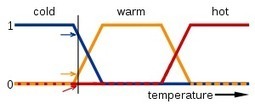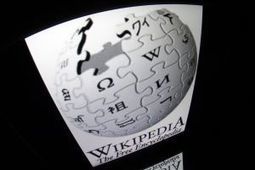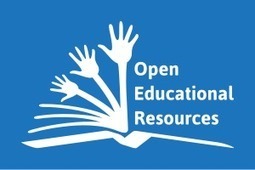Millones de personas consultan la Wikipedia a diario y aunque esta gigantesca librería carece de respeto científico, lo cierto es que es una herramienta de uso masivo por parte de los internautas. Sin embrago la misma no dispone de una atractiva interfaz de visualización, pero eso es mientras no conozcas WikiGalaxy.
WikiGalaxy es un interesante buscador diseñado para la Wikipedia, que nos permite visualizar los artículos contenidos en la misma como una galaxia en 3D.
Via Gumersindo Fernández



 Your new post is loading...
Your new post is loading...













